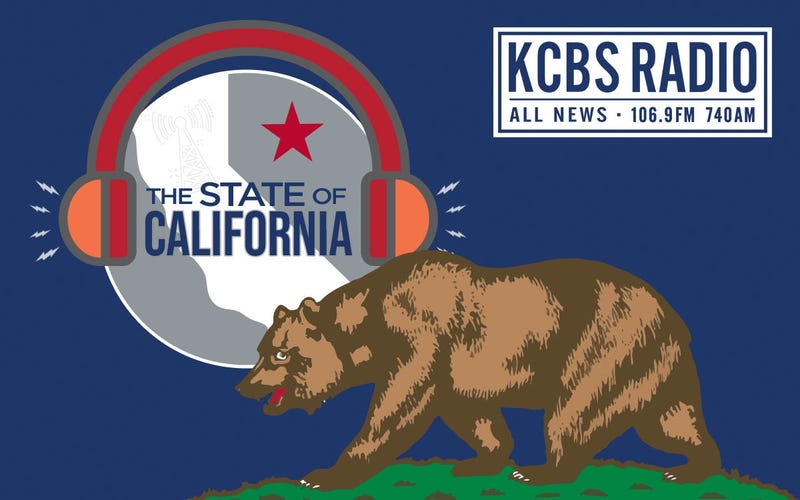
The killing of George Floyd and the subsequent fallout have given renewed urgency to a campaign to amend California’s constitution to repeal the state’s ban on affirmative action. This week the state Assembly approved a bill that would do just that, but ultimately the decision will be up to California voters.
The Assembly voted overwhelmingly in favor of ACA5, which would put a constitutional amendment on the ballot this November to repeal Proposition 209, the 1996 initiative that outlawed affirmative action in California, meaning colleges and universities and other public agencies such as police departments could no longer consider race, ethnicity or sex when deciding whom to admit or hire or give contracts to. Now the bill goes to the State Senate. If the Senate also approves it by a two-thirds majority, which is likely, the question will go to the voters this November.
State Assemblymember Evan Low of Campbell joined KCBS Radio’s “The State of California.” He represents the 28th Assembly District, which covers much of Silicon Valley and San Jose.
When we take a look at this measure and Proposition 209, which was passed in 1996, individuals like myself - I think I was about 13 years old at that time, to which I was not even eligible to vote. So much has changed since then and it's important that we recognize that we cannot have race-neutral policies for very race-specific problems. And if you don't see what's going on today and recognize that we have systemic disparities and multi-generational impacts of discrimination, we need to recognize that. And that is what this conversation is about, so that we can help rectify discriminatory practices and to help lift up all of California.
Certainly. The vote in the California State Legislature was significantly more than two-thirds, and there was significant bipartisan support for this measure. Again, 1996 was a long time ago. Just for context, if you think about something like Proposition 8 in 2008, which eliminated the rights of same-sex couples to marry, that would never pass today. But that was more recent than that of 1996. So again, when you think about the parallels of what is going on right now and the important recognition that we as a society and we as government need to rectify these specific problems and yes, that race does in fact matter. That is the conversation that we will have before the electorate.
I'd say take a look and walk outside and turn on the TV, turn on the radio, listen to anything and you can see not only is this grabbing the nation, but the world. When you think about issues to revisit, again I just referenced a similar notion of Proposition 8, eliminating the rights of same-sex couples to marry - a vote, by the way, of the people - back in 2008, I would suggest that that would never pass today. So it is important that we as a society have an opportunity for newer generations of active Californians to weigh in and to recognize that we have shared sacrifices that need to be made in order to repair the systemic inequities that exist.
Certainly it is one of political peril, to be frank. But this is a difficult conversation and we need to have it. This conversation is about power, it's about race and the loss of power or the perceived loss of power. And frankly, the fear of sharing power. Will Asians and Pacific Islanders lose slots and seats in the UC system and in higher education? Which we all know that education is of high value, a work ethic very fundamental to that of the Asian Pacific Islander community. And there's a wide variety of support within the Asian Pacific Islander community for this, and in fact many in the Asian Pacific Islander community have benefited from issues like affirmative action. And by the way, this bill and legislation before us, before the voters, will also have an impact on representation based on sex, so encouraging women representation. This is 2020 and let us not get into this fallacy that this is about a zero-sum narrative and one's gain is another's loss. But this is about how we can recognize that an injustice to one, is an injustice to all.
Sure. This is not a meritocracy. Let us not fool ourselves that we live in a utopia. Again, we cannot have race-neutral policies for very race-specific problems. It's no coincidence that in issues of healthcare, housing, education, public safety that our brown and black communities are disproportionately impacted. You see it in COVID, you see it in housing, you see it currently in public safety and you see the statistics in education. So we must recognize that race does matter. So let us be involved in each other's shared success. You see what's going on right now; let us turn this current protest energy into electoral energy when this comes on the ballot for individuals to vote on.
